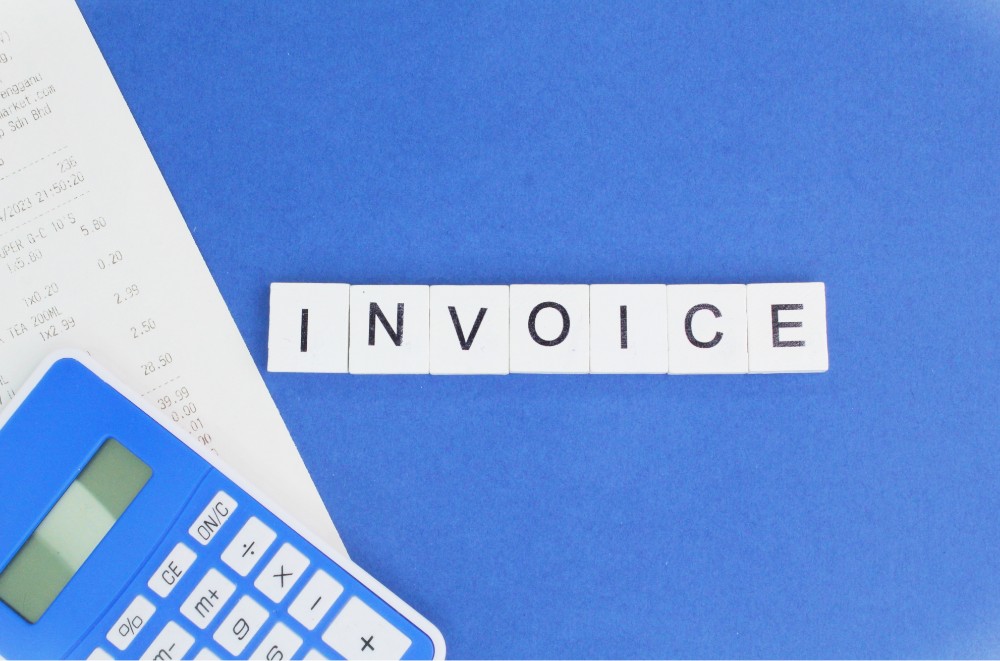Understanding Receivable Finance in Simple Terms
.png)
When exploring ways to improve cash flow, especially for SMEs, exporters, and suppliers, you'll encounter terms like supply chain finance, trade finance, invoice financing, invoice discounting, and factoring. This guide explains what each finance term is in plain language, shows how they differ, and helps you figure out which financing service best suits your business.
Definition: The umbrella term for tools, such as letters of credit and guarantees, that help you trade internationally by managing payment risk and freeing up capital.
In everyday words: It’s the safety net that ensures you get paid when working with overseas customers.
How it works: A financial institution or lender acts as a middleman, guaranteeing payments between buyers and sellers so both sides feel secure in cross-border transactions.
Definition: A financing arrangement initiated by the buyer, where a third-party financier pays suppliers early.
Simple explanation: Imagine your large customer arranges funding so you get paid sooner, without them paying themselves right away.
Process explained: After you send an invoice to your customer, the buyer’s bank or finance partner pays you the full amount upfront on their behalf. Later, the buyer repays their third-party financier at a later date.
Definition: An umbrella term for funding solutions that let you unlock cash tied up in unpaid invoices. It includes various methods, such as factoring and discounting, that help improve your cash flow while waiting for customers to pay.
Plain English: Think of invoice financing as getting early access to money your customers owe you.
How the process works: You use your unpaid invoices as a basis to access short-term funding from a lender, giving you quicker cash without waiting for customer payments. It’s a helpful way to manage cash flow when you’re stuck with long payment terms.
Definition: A financing method where you sell your unpaid invoices to a third party (called a factor) in exchange for immediate cash (usually 80–90%).
Simply put: It’s like selling your invoices at a discount to get money now while someone else handles chasing the payment.
Process in action: Once you deliver goods or services and send an invoice to your customer, you forward a copy of that invoice to the factoring company. They’ll then advance you most of the invoice amount, so you don’t have to wait for your customer to pay. From that point on, they handle the rest. The factor collects the payment from your customer, deducts their fees, and sends you the remaining balance.
Definition: A specific type of invoice financing option where a business uses its unpaid invoices to get an advance from a lender at a discounted value. Unlike factoring, invoice discounting lets you maintain control; you manage customer relationships and handle payment collection yourself.
Simple meaning: Invoice discounting is when you borrow money from a factor using your unpaid invoices and repay it after your customers settle their bills.
Here’s what happens: After delivering goods or services, you issue an invoice as usual. Instead of waiting weeks or months for payment, you send the invoice to a finance company. They lend you most of its value upfront to keep your cash flow steady. You still collect payment from your customer, and once it’s received, you repay the finance company along with a small fee or interest.
Layman’s view: Local factoring is straightforward. Export factoring handles the headaches of overseas customers, so you don’t have to.
Quick overview of the process: In domestic factoring, you sell local invoices to a factor, get most of the cash upfront, and the factor collects payment from your customer within the same country. Export factoring works similarly, but it manages overseas payments, currency conversions, and ensures compliance with international trade rules.
Who initiates it?
Who collects payments?
Is it a loan or a sale?
Is it local or international?

✅ Choose invoice factoring if you're okay with selling invoices and want someone else to handle collections—and prefer instant cash.
✅ Choose invoice discounting if you want to keep control of customer payments and prefer a confidential arrangement that your clients won’t see.
✅ Choose non-recourse/export factoring if you sell abroad and worry about unpaid foreign invoices.
✅ Choose supply chain finance if your buyer is large, reliable, and can help you access cheaper funds.
Whether invoice discounting, factoring, or supply chain finance is the better fit for your business, one thing’s certain: having the right financing partner makes all the difference.
Factorglobe, an IFS Capital-backed global invoice financing services provider, offers both invoice factoring and invoice discounting in Singapore. From small businesses looking to ease short-term cash flow to larger firms managing complex receivables, our services scale with you.
Get paid up to 90% of your invoice value within just 24 to 48 hours of submission. Plus, we take on the credit risk, so you can stay focused on growing your business.
👉 Apply online now with Factorglobe to unlock funding.